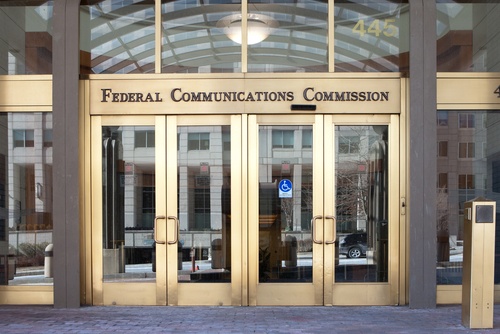Key Takeaways
- Senate Minority Leader Chuck Schumer threatened to file an FCC Complaint against the Trump White House.
- Schumer claimed CBS News edited President Trump’s “unhinged” 60 Minutes interview.
- This threat mirrors Trump’s own lawsuit against CBS after the Harris interview.
- Schumer plans to use Trump’s exact language from last year’s complaint.
Senate Minority Leader Chuck Schumer stunned Washington early Monday. He posted on X that he might file an FCC Complaint against the Trump White House. Schumer accused White House staff of heavily editing President Trump’s new 60 Minutes interview. He even vowed to use the exact same language Trump once used against Vice President Harris.
Schumer’s Bold Move
Schumer’s jab came just hours after CBS News aired Trump’s latest appearance on 60 Minutes. In his social media post, Schumer called the interview “unhinged.” He suggested that the network or the White House may have cut and spliced statements to mislead viewers. By threatening an FCC Complaint, Schumer turned Trump’s own playbook against him.
Trump’s Lawsuit and Settlement
Last year, Trump sued CBS News for $20 billion. He claimed the network deceptively edited his exchange with then-candidate Kamala Harris. The lawsuit charged CBS with creating false impressions and causing Trump “mental anguish.” In the end, CBS agreed to pay Trump $16 million to drop the case. That outcome gave Trump a blueprint for legal fights over interview edits.
Inside the FCC Complaint Process
An FCC Complaint lets citizens and organizations flag potential violations by broadcasters. When someone files, the FCC reviews whether rules on honesty and fairness were broken. If the commission finds merit, it can launch an investigation. Broadcasters may face fines or other penalties. However, the FCC rarely acts on complaints unless clear rule breaches appear.
By invoking an FCC Complaint, Schumer signals he plans to challenge the White House’s media practices. He aims to show that even presidential interviews must follow fair-edit standards. Moreover, he hopes to embarrass Trump by using the president’s own tactics.
Political Ripples and Reactions
Schumer’s threat drew swift reaction on both sides of the aisle. Supporters praised him for calling out what they see as media manipulation. Critics accused him of political gamesmanship ahead of next year’s elections. Meanwhile, the White House has not confirmed any edits to the interview. Trump himself has not yet responded to Schumer’s post.
Republican lawmakers argue that Schumer’s move is purely symbolic. They point out that the FCC handles technical and licensing issues more than content editing. Some legal experts question whether an FCC Complaint can address alleged interview cuts. Yet Schumer’s stunt highlights growing concern over how high-profile interviews get presented.
Why the FCC Complaint Matters
In today’s digital age, audiences rely on trust in news and politics. When leaders accuse each other of doctoring interviews, public faith erodes. By pushing an FCC Complaint, Schumer underscores the need for clear rules. He argues that everyone, including the president, must follow fair media practices.
Furthermore, Schumer’s action could pressure broadcasters to be more transparent. Networks might add disclaimers or release full interview tapes. They may even invite outside monitors to verify editing processes. If so, viewers could gain a clearer picture of major political conversations.
Schumer also sends a message to Trump: “If you can sue over edits, so can I.” This tit-for-tat dynamic intensifies a broader debate about how media outlets and political figures interact. At stake is more than one interview. It is a test of accountability and truth in modern news.
The Bottom Line
Chuck Schumer’s threat to file an FCC Complaint marks a new twist in the ongoing battle over media fairness. By borrowing Trump’s own complaint language, he mixes legal strategy with political theater. Whether the FCC accepts his challenge remains to be seen. However, Schumer has already sparked fresh debate on how presidential interviews should be edited and shared.
Frequently Asked Questions
What happens after an FCC Complaint files a challenge?
Once someone files, the FCC reviews the claims. If it sees a possible rule violation, it may investigate further or request more information from the broadcaster.
Can an FCC Complaint force the White House to release unedited footage?
The FCC does not directly order content releases. However, a complaint can shame producers into sharing full tapes or add transparency measures.
Why did Schumer mention Trump’s lawsuit against CBS?
Schumer wants to highlight the irony. He plans to copy Trump’s own language to challenge the president’s team on equal ground.
Has the FCC ever penalized a major network for an edit dispute?
It’s rare. The FCC tends to focus on technical violations and licensing. Content disputes often get resolved outside of FCC channels.
